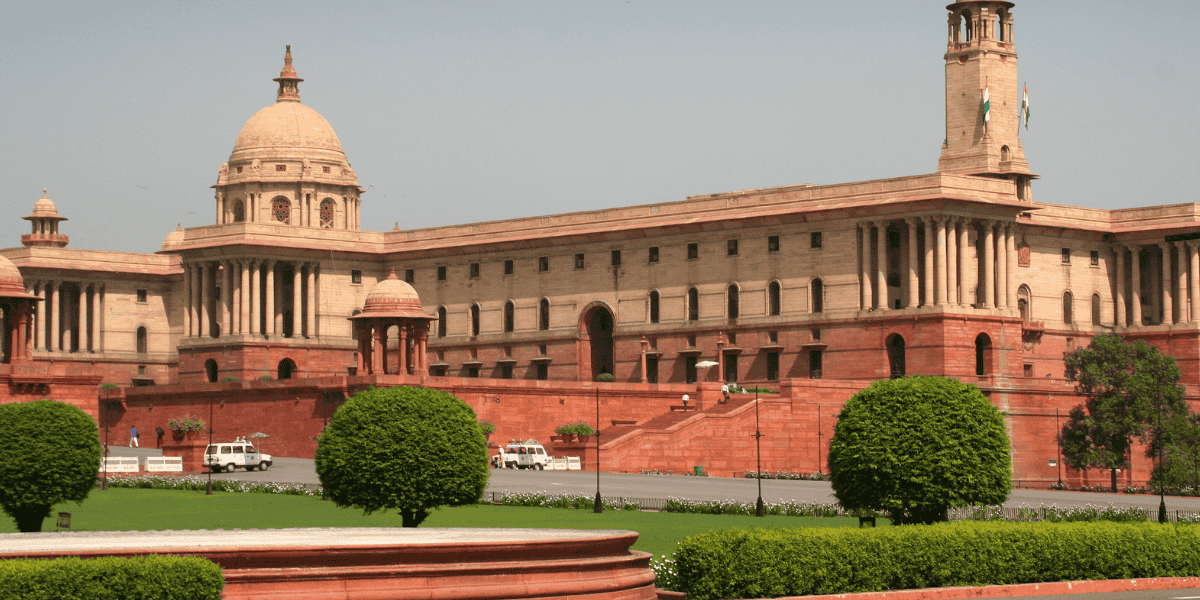India’s new government announced their first Union Budget 2014-15 on 10 July 2014. Among the tax provisions in the budget are measures concerning India’s most awaited tax reform a uniform goods and services tax (GST).According to the budget, the direct tax proposals will take effect when ratified by Parliament, where as the indirect tax proposals are to have immediate effect.
The proposed measures are summarized below:
Direct taxation
– The personal income tax exemption limit for individual taxpayers below the age of 60 years and senior citizens is to be increased from INR 200,000 to INR 250,000 and from INR 250,000 to INR 300,000 respectively.
– The long-term capital gains arising from the transfer of units held for more than 12 months in the case of mutual funds other than equity oriented funds rate is to be increased from 10% to 20%. The period of holding in respect of the units of the mutual fund is also to be increased from 12 months to 36 months.
– Also Income arising from foreign group investors transactions in securities is to be treated as capital gains.
– A 10-year tax holiday is to be extended to undertakings which begin generation, distribution and transmission of power by 31 March 2017.
– In the case of non-deduction of tax on specified payments to non-residents, 30% of such payments will be disallowed instead of 100%.
– Income and dividend distribution tax is to be levied on the gross amount instead of amount paid net of taxes.
– A roll-back provision is to be introduced in the Advance Pricing Agreement scheme.
– The arm’s length range concept is to be introduced and modified for determination of the arm’s length price. Also multiple year data analysis is to be introduced for the purposes of transfer pricing comparability.
Other proposed changes:
– Among the tax provisions in the budget are measures concerning India’s most awaited tax reform a uniform goods and services tax (GST).
– Establish a high level committee to examine all “new” tax cases arising from the retroactive application of law changes from 2012 in respect of indirect transfers.
– Extend the availability of advance ruling to residents.
– Build up the authority for advance rulings by creating additional benches.
– Additional processes would be intended to encourage investment in infrastructure sector funds by clarifying the basis of taxation of income in the hands of the trusts/funds and investors. Provisions relating to charitable trusts would be “tightened” so as to address perceived abuse.
– An investment allowance would be continued as an incentive for manufacturing companies to encourage investment in plant and machinery.
However, according to the expert’s opinion, after two weak years, the government announced steps to boost capital spending in Asia’s third-largest economy and reassure foreign investors that they will get fair treatment.














